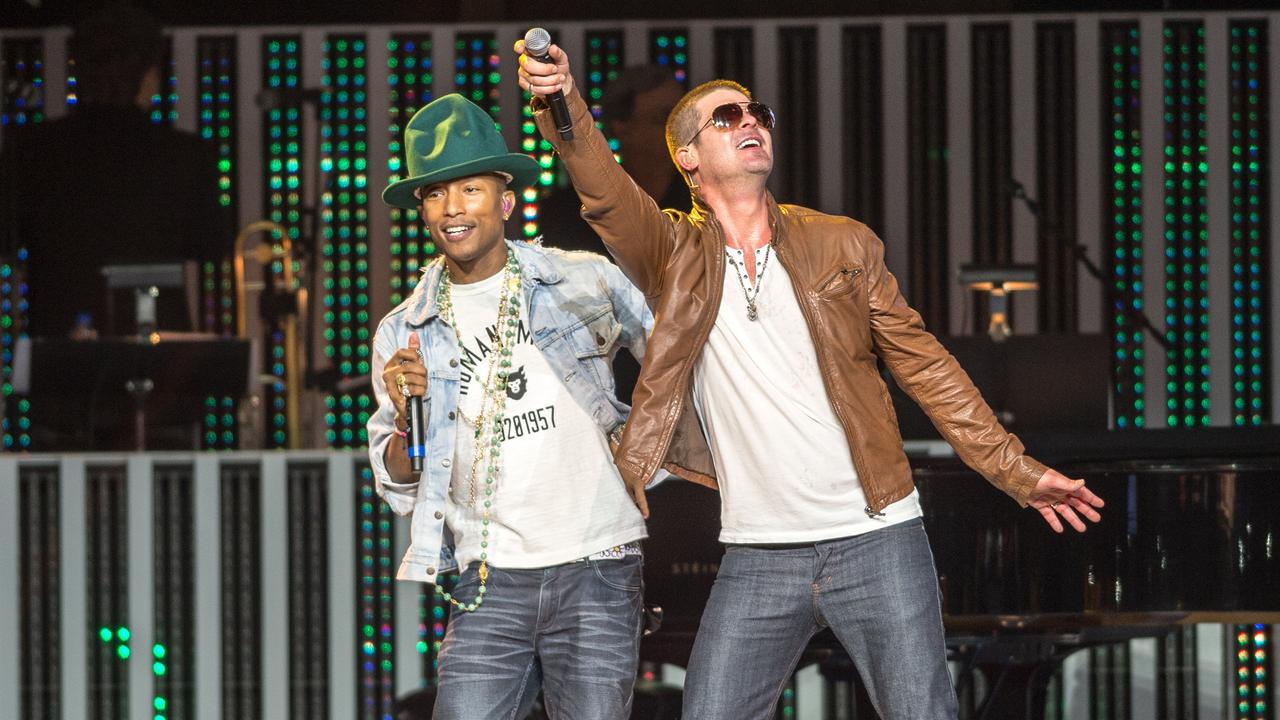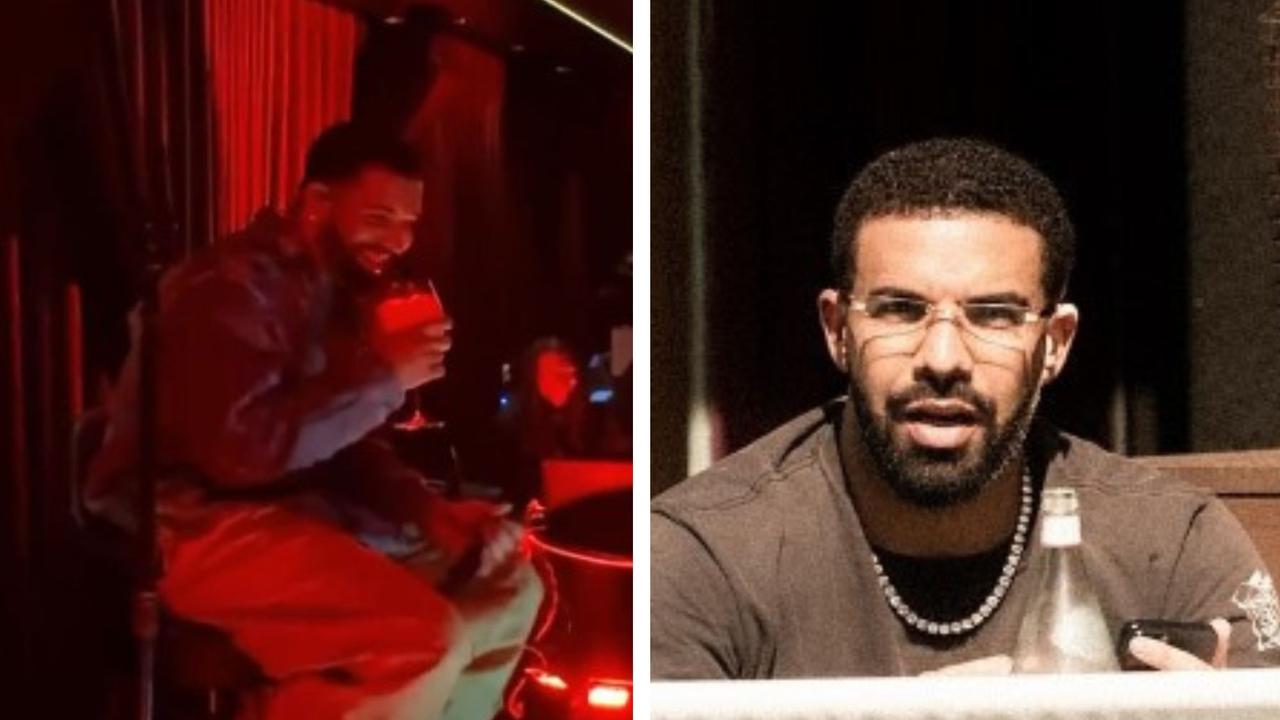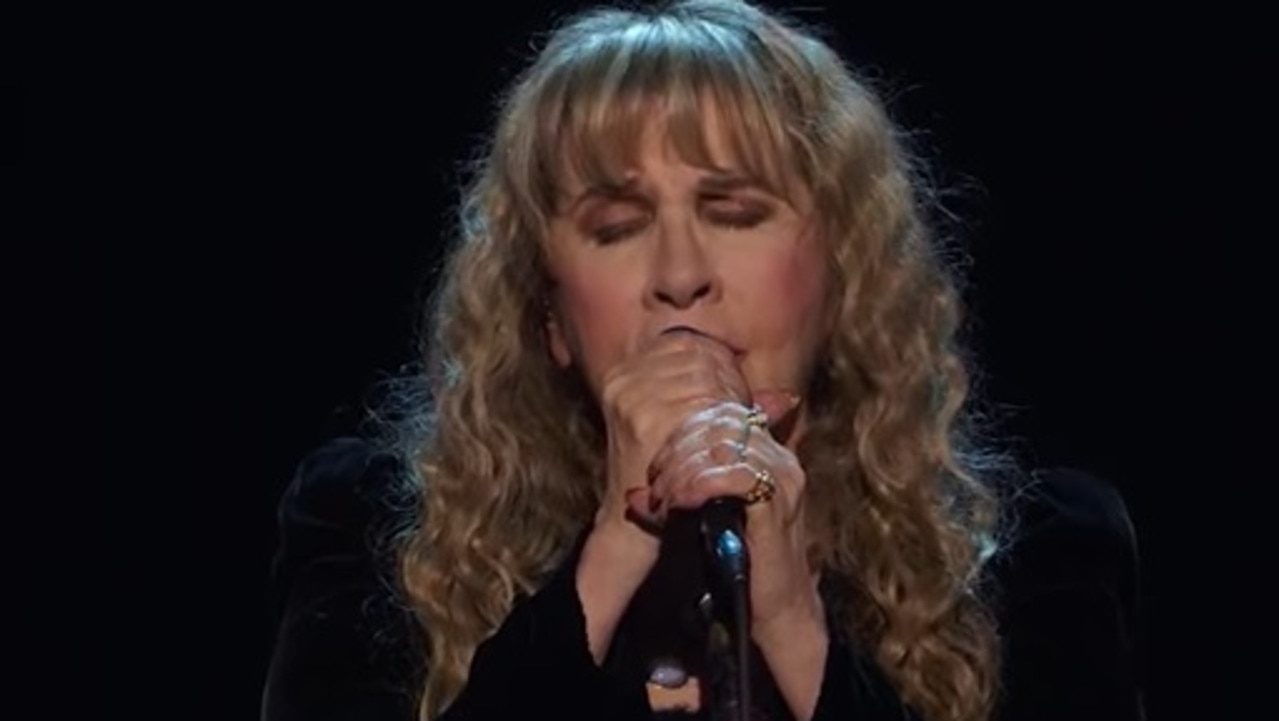Pharrell says he hasn’t ‘been the same’ since Blurred Lines controversy
Pharrell Williams has opened up about the impact of the controversy surrounding the “rapey” song he created with Robin Thicke in 2013.

Pharrell Williams has come a long way since 2013.
In his GQ cover story, the musician reflected on the controversy surrounding his track Blurred Lines with Robin Thicke — the lyrics were deemed “rapey” — and admitted he didn’t understand why it became the issue that it did.
“I didn’t get it at first. Because there were older white women who, when that song came on, they would behave in some of the most surprising ways ever,” Pharrell, 46, shared. “And I would be like, wow. They would have me blushing. So when there started to be an issue with it, lyrically, I was, like, ‘What are you talking about?’ There are women who really like the song and connect to the energy that just gets you up. And I know you want it — women sing those kinds of lyrics all the time. So it’s like, What’s rapey about that?”

It wasn’t until Pharrell realised that men use similar language with women that he could appreciate the backlash surrounding what he thought to be a catchy tune.
“ … it doesn’t matter that that’s not my behaviour. Or the way I think about things. It just matters how it affects women,” he said. “And I was like, ‘Got it. I get it. Cool’. My mind opened up to what was actually being said in the song and how it could make someone feel. Even though it wasn’t the majority, it didn’t matter. I cared what they were feeling too.
“I realised that we live in a chauvinist culture in our country. Hadn’t realised that. Didn’t realise that some of my songs catered to that.”
The record producer seemed to feel whiplash when shortly after the controversy he released Happy, a song that went viral and put everyone in a good mood.
“That made me cry. It literally made me cry. Like, I was on the Oprah show for my birthday, and she showed me a video of people around the world singing that song, and that sh*t f**ked me up,” he said. “Bad. I was never the same. So I don’t beat on my chest.
“I haven’t been the same since any of that music.”
In 2018, Thicke and Pharrell were ordered to pay Marvin Gaye’s family $US5 million for Blurred Lines because of its similarity to his 1977 single Got to Give It Up.
This article originally appeared on the NY Post and was reproduced with permission



